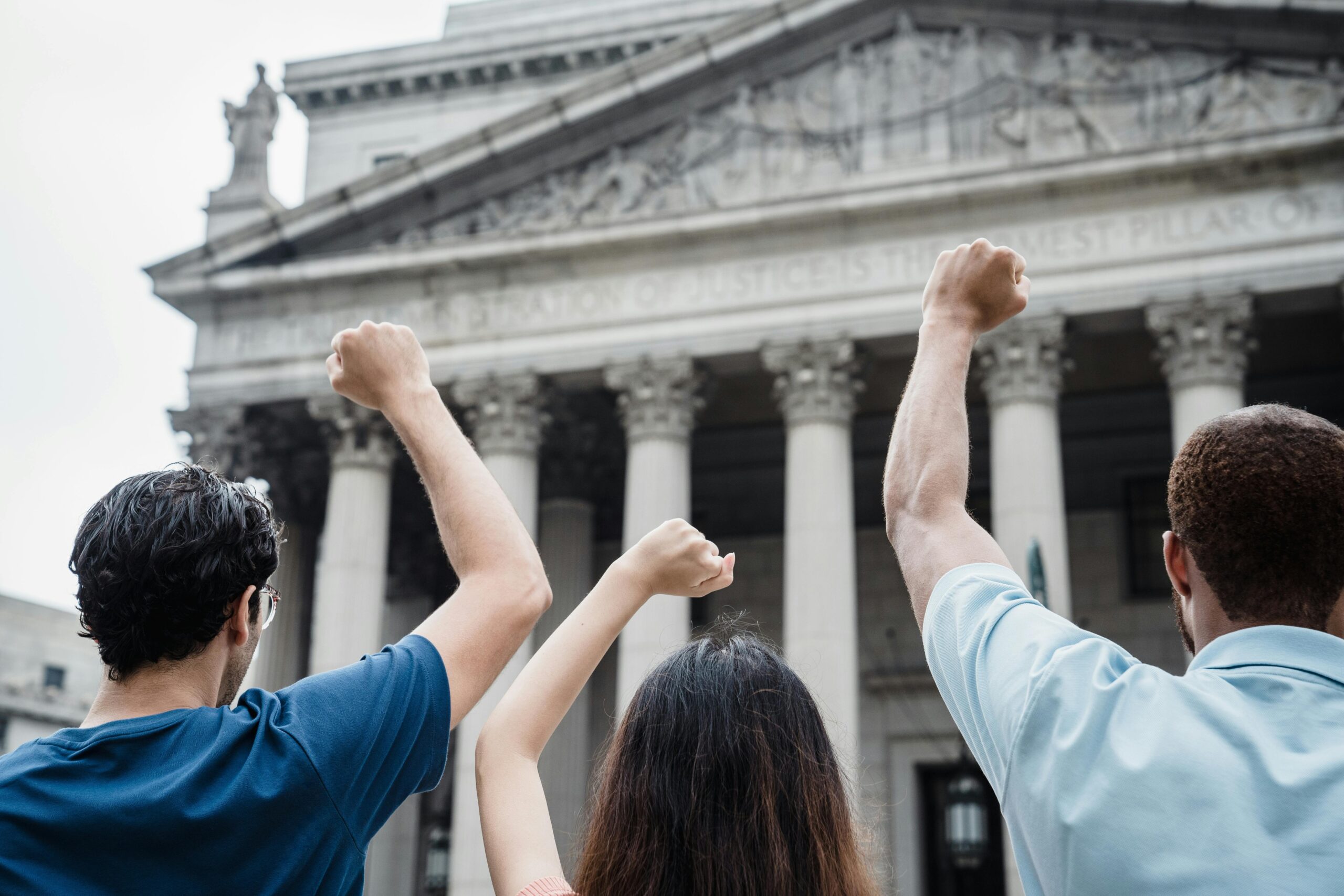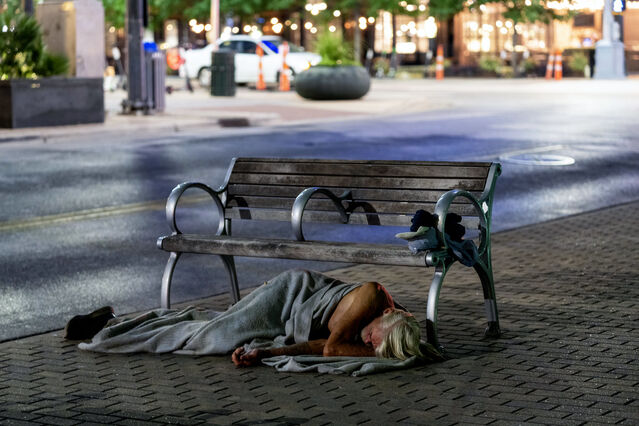
The Criminalization of Homelessness
The criminalization of homelessness refers to measures that prohibit life-sustaining activities such as sleeping/camping, eating, sitting, and/or asking for money/resources in public spaces. These ordinances include criminal penalties for violations of these acts. Some criminalization measures include:
- Carrying out sweeps: confiscating personal property including tents, bedding, papers, clothing, medications, etc.
- Making panhandling illegal.
- Making it illegal for groups to share food with homeless persons in public spaces.
- Enforcing a “quality of life” ordinance relating to public activity and hygiene.
Related topics:
- Alternatives to Criminalization
- Hate Crimes Against People Experiencing Homelessness
- “You Don’t Need a Home to Vote” Campaign
Other Resources
- Model policy solutions from the Housing Not Handcuffs Campaign
- How to set up and run Legal Defense Clinics from the Western Regional Advocacy Project
- Tools for stopping street harassment
- ProPublica’s Encampment Removal Survey







